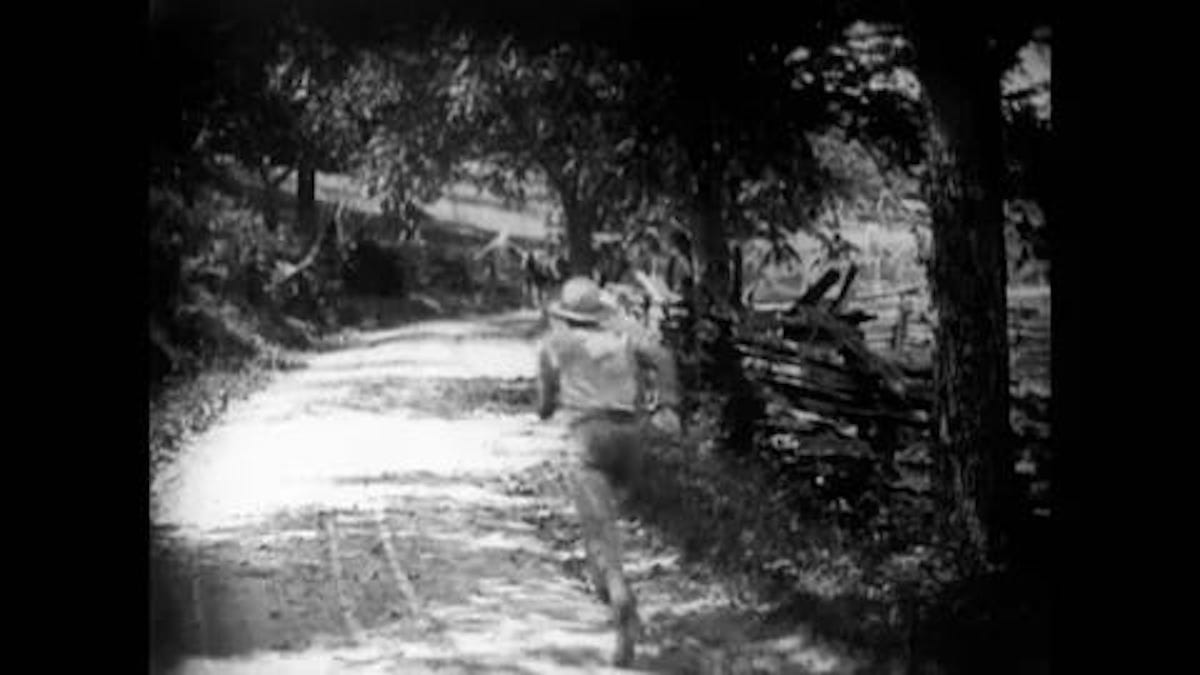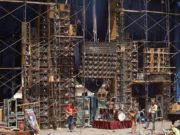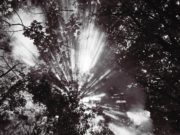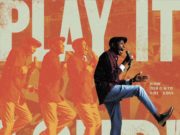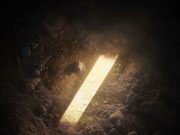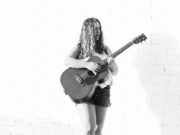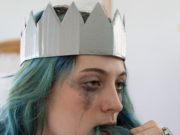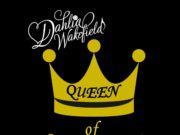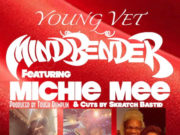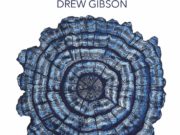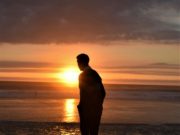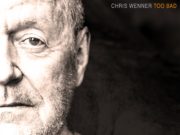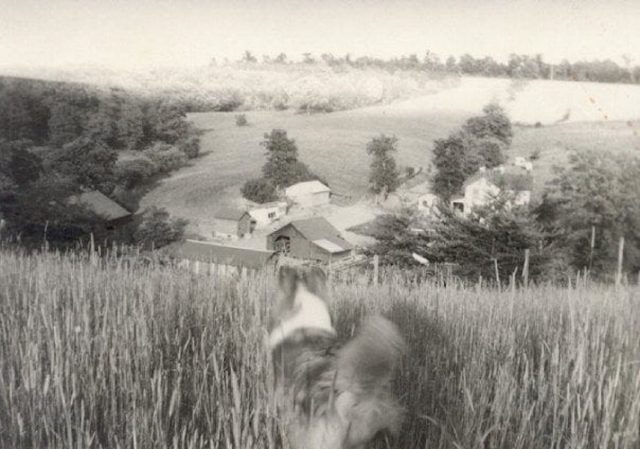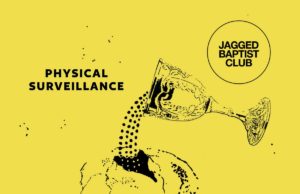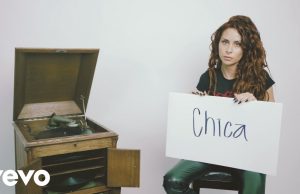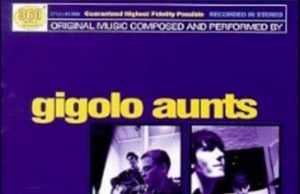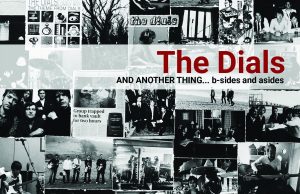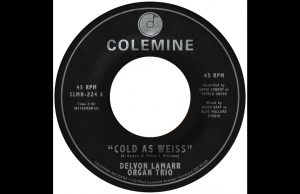Moments of their secret life together burst like stars upon his memory.
― James Joyce, The Dead
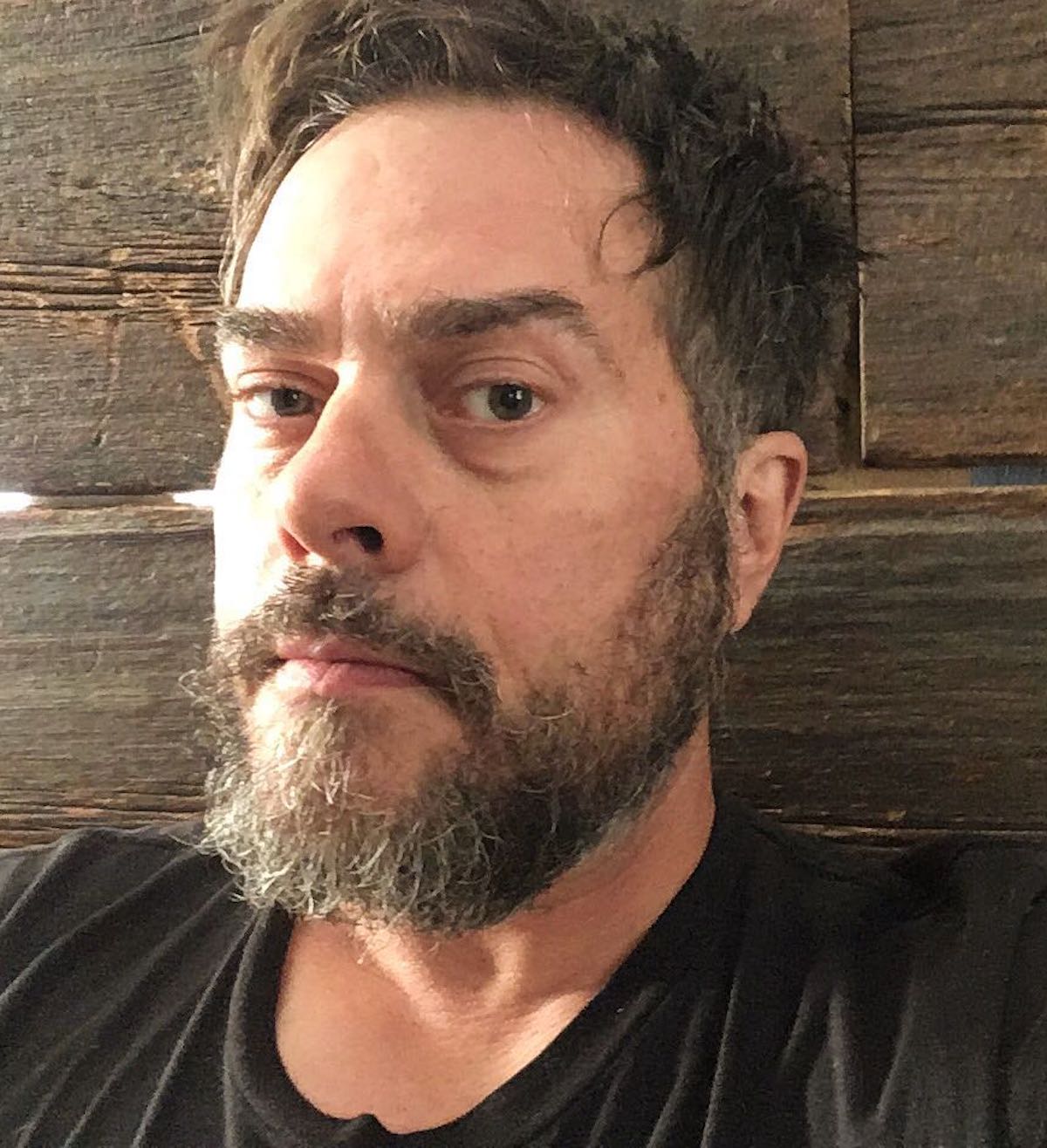 One summer he appeared on the sidewalk, out of some kind of past that refuses me unless I demand it let me in. With force. Or clenching my eyes so tight that time shatters, reality melds with imagination, and I conjure up a history in the old ways. Using connections unproven by science or religion. Like witches do. Or liars. Or writers.
One summer he appeared on the sidewalk, out of some kind of past that refuses me unless I demand it let me in. With force. Or clenching my eyes so tight that time shatters, reality melds with imagination, and I conjure up a history in the old ways. Using connections unproven by science or religion. Like witches do. Or liars. Or writers.
We were hanging the right onto Fayette Street the way we always did. My mom in the driver’s seat of her car, driving us somewhere. Me in the passenger seat, my little brother, Dave, in the back. It was sticky out. August days in the early 1980’s were congealed in the thick emberish-ness of a world I seldom understood. Boredom was miasmic, like some heavy gauze of air that lay over my town, and so the sight of my Uncle Bill on his bicycle was something to behold in the moment that I spotted him.
“There’s Uncle Bill,” I stated flatly, my words floating out into the world of my rolled-down window. Warm stale thick. Dense beautiful soup of my youth. Lost city of paradise as we rolled down the block, slowly, past Tommy Kow’s tap room/ past Bolereo’s Pizza/ past Al’s bar with the solid steel door that shone like chrome/ reflecting the sparks off the bolts the sun heaved directly at it from far off in space/ the dark air-conditioned longness of the room beyond… a place few kids had seen.
But I had.
Many times.
My mom smiled as we rolled past him. He was old then, at least to me. He was my grandfather’s older brother, which alone made him seem impossibly aged. But beyond that, he was mysterious and odd. He was seen by our people, I could tell, as eccentric. Maybe not all there. But why?
I didn’t know. I didn’t ask. He wasn’t a main character in my weird life at that point. We lived with my grandparents, my mom and me and my brother did. And my dad lived around the corner in the house we had once all been together in. But now he was drunk mostly and there was another woman there living with him and he would wave from his pick-up at me out in the street, throwing a baseball up in the air and catching it by myself.
Uncle Bill just appeared one day, sitting on the tattered couch of my Mom-Mom and Pop-Pop’s place, moving his jaws like someone without teeth. Or with fake teeth. Shifting his face around, I remember. Not really smiling or saying much. But not really sad or angry or anything, I guess. He just was. I didn’t know anything else.
In the dappled shadows of the big elms and sycamores on Fayette, I watched him that day. He never saw us. He only watched the path, the sidewalk. He had a small motor on his bike, installed underneath his seat, and I can recall how fascinating it was for me to see a person on an old simple bike never pedal even once.
“He built that motor himself,” someone had told me at some point. My Pop-Pop or my Mom. I don’t know. But the thought occurred to me that afternoon that there was something very unique about this uncle of mine.
As we passed him, I watched his slight frame bouncing time-to-time as the bike popped up over then back down again upon the raised cliffs of the old slabs of cement that had been pushed around by massive roots for so long now. In and out of spackled daylight, I knew so well each and every bump he encountered, for I had ridden them all myself countless times, millions of times, in the summer morning and in the autumn evening and on my birthday and the day they shot Reagan and sent us home from school early and when the Phillies won the pennant and when the 4th of July was just being born, the whole town still quiet, but with a fevered excitement steaming up out of these sidewalk cracks like strong angels pushing up out of Hell.
At the red light down by the 7-11, after we had passed him by and moved down the street, I sensed him coming again. I didn’t need to check the mirror or turn my head back. I just knew in the way that we know certain things before they happen.
And then he was there again.
Swishing by us, across 6th Avenue, heading south. Towards the slow frightening river that reeked of dead suckers. Towards the on ramps to the city, or the on ramps to the unknown west. Jostled by his uneven trail, I remember thinking to myself that I could call his name and that he would surely hear me, but that he would probably not even look.
I don’t know why.
I just knew he wouldn’t.
I just knew that he would have not looked at us at all.
So we passed him again and I watched him in that moment, my young eyes locked onto his vessel. In a fleeting instant, I wondered why.
Why he smelled like loneliness.
Why his old face laying atop his old body ripping down the summer street on his old bike that he never peddled seemed to move from his realm and into mine.
Why he lived in a tent on a hill in West Conshy.
Why anything ended up the way it did.
And why everything seemed so fragile and bound to die.
Then the light went green and my mom eased us forward.
Then we lost him in acceleration, just like we always do.
• • •
So much of what makes America America to me is the hard-to-describe dirty cigarette butts and hammered twigs that live in those cracks in the sidewalks of the places with names. I tend, I guess, to wash up on the banks of daydreams and imagination more than most. I don’t know if that’s good or bad. I don’t even think it matters at this point. It is what it is, you know? Part of me surviving this long has been these hand-bent junkyard filters of poetry I started accumulating long ago.
I look at most days through fantasy eyes, as if I’m picking up on things that no one else is picking up on. Truth is, what I’m picking up on is probably not even there at all. I mean, not in the sense that would make it definable to anyone in their so-called right minds. Pragmatic living in the 21st century USA almost forces you off the imagination highway. You want to dream: dream about money. And how to make it. Because otherwise: you are probably fucked, little man. Little lady. Little dumbass hiney-hole.
So it goes. I cash in my Uncle Bill chips at the Substack bank this afternoon. I remember him because I ran into him on Ancestry.com. I remember him strongly then. Vividly, more vividly than I could have ever expected, but in uncertain ways. I have no voice for him. I recall nothing of his timbre or his tones.
His laugh is lost to me, if I ever even knew it once.
I recall his harmonica playing. Sitting there on that blown-out couch, maybe thanking my Pop-Pop for the couple of bucks he’d just given him for food or toilet paper or booze or I don’t know what, he would play the harmonica and it was the first person I had ever seen do that in person.
I remember thinking to myself that he must have fallen off of a train. Some old boxcar passing down by Spring Mills where the Revolution ghosts stared at the road from old graveyards and side creeks with eels and I can feel them still even from far away. His harmonica sounds were overwhelming to me; lonesome and rough and cut from old bones laying the woods; raw meat chiseled from the rocks in the wide crayfish pipes that ran underneath the park; from these dark places where we found ourselves as kids/ hiding from druggies/ throwing fat glass soda bottles just to hear their sharp echoes snap against the corrugated throat of the Earth itself.
The silhouette of someone standing at the far end in the light.
A stranger curious about racket.
A fellow traveler on a ridiculous summer afternoon.
Bob Dylan captured it all better than anyone else, I think. His voice and words have always seemed to me to be something other than what so many have picked up on. No one is wrong, of course. It is all in the ear of the beholder. Yet, to me: Dylan: especially around ‘Time Out of Mind’: he tapped into something no one else has ever been able to do. He gave resonance and shifty tangibility to the American wanderer in a way I never knew possible. And by possible, I mean, I never even knew there was such a thing.
But it seems that there is. And now, all these years later, I can listen to some of his songs and I can move them with my hands as they play, over towards this bucket of digital bone dust I’ve been carrying around lately and when I do, I can look down in at what I have of Uncle Bill and I can recognize his existence with deeper meaning. With soul, maybe. Or with some kind of hardcore imaginary literature raining down on him from the present and finding magic in his unknown past.
Using strange random facts and my memories of him passing in and out of bicycled sun splash, I find myself resurrecting a man lost to time. To oblivion.
Or not.
It seems arrogant of me to think that it’s me.
It’s probably not. It’s probably Dylan. He alone found them out in this American wilderness, these dirty old towns and these creepy woodlots and underneath the overpasses and back in the shadows behind the mini-markets and the strip malls and the tattoo places run by belly-ringed boogeymen on the edge of town.
Cormac McCarthy tried, but I don’t think he got as close as Dylan.
So why I am trying with this dead Uncle of mine? Who even knows what the ever-loving fuck I’m talking about?
I don’t know.
I do, I guess.
I still feel it in my bones, man.
To read the rest of this essay and more from Serge Bielanko, subscribe to his Substack feed HERE.
• • •
Serge Bielanko lives in small-town Pennsylvania with an amazing wife who’s out of his league and a passel of exceptional kids who still love him even when he’s a lot. Every week, he shares his thoughts on life, relationships, parenting, baseball, music, mental health, the Civil War and whatever else is rattling around his noggin. Once in a blue Muskie Moon, he backs away from the computer, straps on a guitar and plays some rock ’n’ roll with his brother Dave and their bandmates in Marah.
